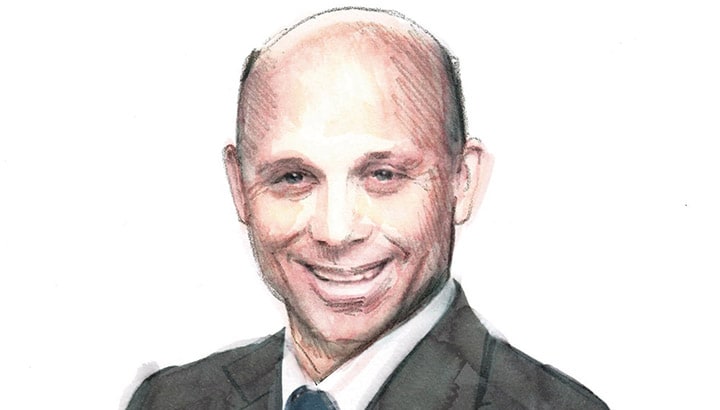
Emerging chains (3-10 units) often believe the best way to keep food costs down is to split their purchasing power among as many as three broadliners to ensure competitive pricing. In the trade, this practice is called “spread-sheeting.” Yet, no belief could be further from the truth, no matter how fervently and doggedly held.
The truth is, spread-sheeting is a gigantic waste of our client operators’ time, energy and resources. I will admit, however, that the truth is counter-intuitive. It’s human nature to believe shopping around is good business, particularly with quickly-expanding emerging chains. With all the incredible information available today to this younger generation of foodservice entrepreneurs—with a universe that includes 79 million millennial-aged guests—they still often miss the big picture. Which is controlling food costs in a smart way.
We MAS consultants should want management’s entire focus to be on the guest, quality control, labour cost, employee leadership, clean restrooms and neighbourhood, 4-walls and social media marketing; not to mention having a real expansion strategy for multiple-unit rollouts, addressing the replication of the guest demographics and psychographics, regional saturation of the heritage markets already penetrated, and many other criteria.
The answer to success is clear, and is best practice in its purest form: Enter into a prime vendor relationship with a broadliner. Net pricing on the order guide over the long term will be lower, service will be more personalised, and the emerging chain—as well as large volume independent—can avail itself of the considerable suite of value-added services broadliners offer: recipe costing, test kitchens, rebate management, and on and on.
Let’s make complicated simple: A kitchen manager or corporate chef of an emerging chain or LVI can better control food costs by handling the food inside the kitchen more attentively, watching the garbage cans, performing make-or-buy calculations with their broadliner—in effect, taking care of business—not sitting on table 10, wasting hours trying to save 10¢ a case on tomato paste (which is more fun, I might add, but totally counter-productive). This is an incredible insight into the heart and soul of an emerging chain’s or LVI’s business model, and tells us a lot about their focus; their ability to think smart, not hard, chasing the latest trend.
Finally, prime vendor status triggers loyalty, better service, and a sense of partnership between the emerging chain/LVI and the broadliner. And all the value-added services that the broadliner offers come flooding in. With emerging chains or LVIs, having a corporate kitchen satellite at the broadliner’s plant is incredibly efficient, coordinating every menu-based decision based on the supply chain. This is the broadliner’s unique advantage— helping manage 500 SKUs for the emerging chain/LVI, and keeping their trucks full of cases. This is a win-win-win… The guests win, too, because the operator now has time to take care of them properly. Happy guests tell three people, unhappy guests tell 14 people. Think of the power of organic social media, with guests sending the client’s message out to the world via Facebook, Instragram and SnapChat.
We at Fluent Strategic Advisors take a hard line with client prospects seeking investment capital. To be “90% investable” in our Emerging Chains Investment Fund, client prospects must operate on a properly structured prime vendor relationship with an appropriate broadliner, or we, as capital raising facilitators for growth (generally from three units to 10), will usually walk away. In our world of clients needing interim (bridge) investment capital for growth (beyond crowd funding and friends & family angel investors, but not big enough yet to attract GE Capital), we know that a prime vendor relationship is the foundation for client success.
We highly respect Unipro (the biggest) due its decentralised approach, but there are excellent regional and national broadliners—like Sysco, US Foods, PFG, and Gordon— as well. But all major broadliners offer prime vendor status in some form. Remember, their profits are generated from full trucks, not piecemeal-ordering shared with competitors.
Prime vendor relationships are about equal partner reciprocity for smart, focused, emerging chains and LVI’s.
Teaching and helping emerging chains grow is what we do, by helping them capitalize their growth trajectory. Step One is establishing a prime vendor status, because it truly is The Gold Standard of success.
